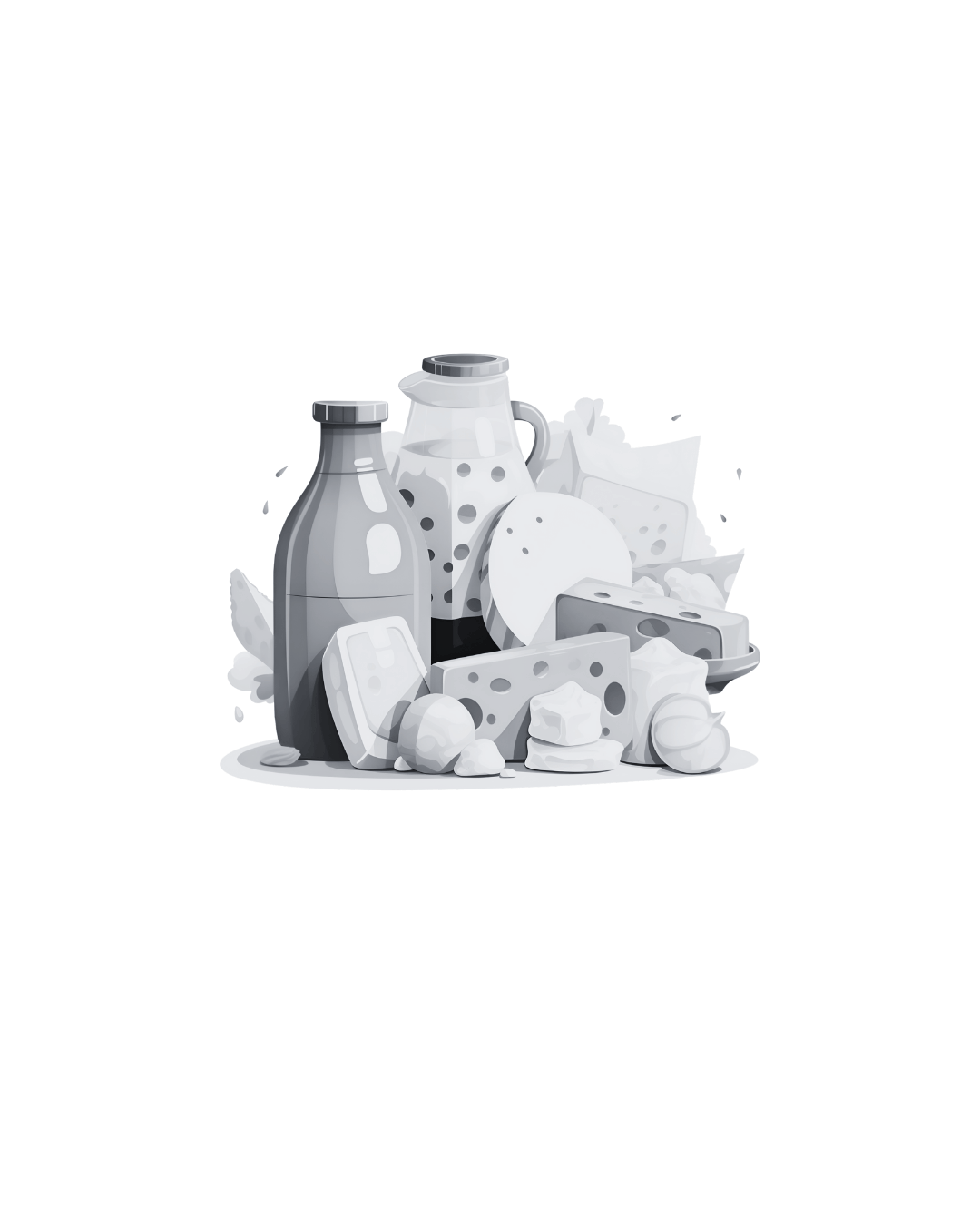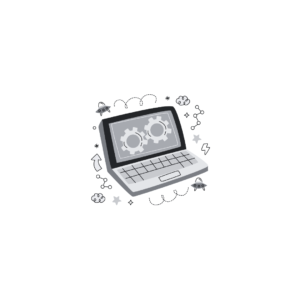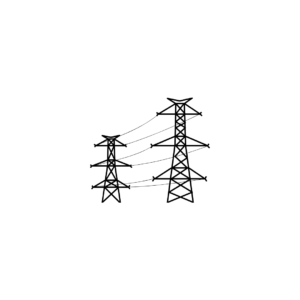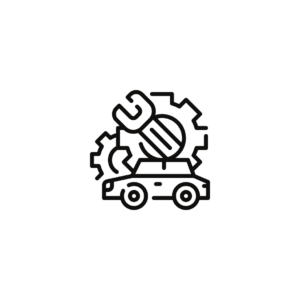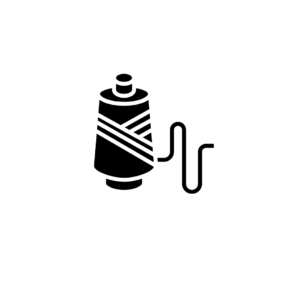Description
A Bachelor of Technology in Dairy Engineering (B.Tech in Dairy Engineering) is an undergraduate program that focuses on the technology and engineering aspects of dairy production and processing. This specialized field combines elements of food technology, agricultural engineering, and dairy science to prepare students for careers in the dairy industry, including milk production, processing, quality control, and dairy machinery.
Curriculum Overview
The curriculum for a B.Tech in Dairy Engineering typically incorporates core engineering courses, dairy-specific subjects, and practical training. Here are some common subjects and areas of study in this program:
Fundamentals of Dairy Science:
Basics of dairy farming practices, milk production, and the biology of dairy animals.
Dairy Plant Design and Management:
Principles of designing and managing dairy processing plants, including layout, workflow, and equipment selection.
Milk Production Technology:
Techniques for efficient milk production, including animal nutrition, health management, and breeding practices.
Dairy Processing Technology:
Study of processes involved in milk processing, including pasteurization, homogenization, fermentation, and product formulation.
Quality Control in Dairy Products:
Methods for ensuring the quality and safety of dairy products, including microbiological and chemical analysis.
Dairy Engineering and Equipment:
Overview of dairy machinery and equipment used in milk processing, including their design, operation, and maintenance.
Food Safety and Hygiene:
Principles and regulations pertaining to food safety, sanitation, and hygiene in dairy operations.
Refrigeration and Cold Chain Management:
Study of cooling and refrigeration technologies essential for preserving milk and dairy products.
Dairy Waste Management:
Principles of managing waste produced during dairy operations, focusing on sustainable practices and environmental protection.
Animal Husbandry Practices:
Best practices for managing dairy animals to optimize milk production and animal health.
Sensory Evaluation of Dairy Products:
Techniques for assessing the sensory qualities of dairy products, such as taste, texture, and aroma.
Research Methodologies in Dairy Science:
Approaches for conducting research and development in dairy technology and sciences.
Entrepreneurship in Dairy Sector:
Skills and knowledge needed to start and manage dairy-related businesses.
Project Work/Internship:
Practical experience through projects or internships in dairy processing plants or farms, allowing students to apply their theoretical knowledge.
Career Opportunities
Graduates with a B.Tech in Dairy Engineering have various career opportunities in the dairy sector, including positions in dairy processing industries, research organizations, agricultural institutions, and government agencies. Some potential job roles include:
Dairy Engineer: Designing and optimizing dairy processing systems and equipment for efficiency and quality.
** Dairy Production Manager**: Overseeing the production process in dairy farms or processing plants to ensure quality and compliance with standards.
Quality Assurance Manager: Ensuring that dairy products meet safety and quality standards throughout the production process.
Dairy Technologist: Developing and improving dairy products and processes, working on product formulation and innovation.
Process Engineer: Analyzing and optimizing dairy processing operations to enhance productivity and reduce waste.
Research Scientist: Conducting research in dairy science and technology to develop new products and improve existing processes.
Sales and Marketing Executive: Promoting and selling dairy products or equipment to consumers and businesses.
Agricultural Consultant: Advising dairy farmers on best practices for production, animal health, and management.
Dairy Product Development Specialist: Focusing on the R&D of new dairy products, flavors, and processing methods.
Food Safety Auditor: Inspecting dairy facilities for compliance with health and safety regulations and standards.
Further Education
Graduates may choose to pursue a Master?s degree in Dairy Engineering, Food Technology, Agricultural Engineering, or related fields for further specialization. Additionally, certifications in quality control, dairy technology, or food safety can enhance career prospects.
If you have any further questions about the curriculum, potential career paths, or other aspects of a Bachelor of Technology in Dairy Engineering, feel free to ask!





